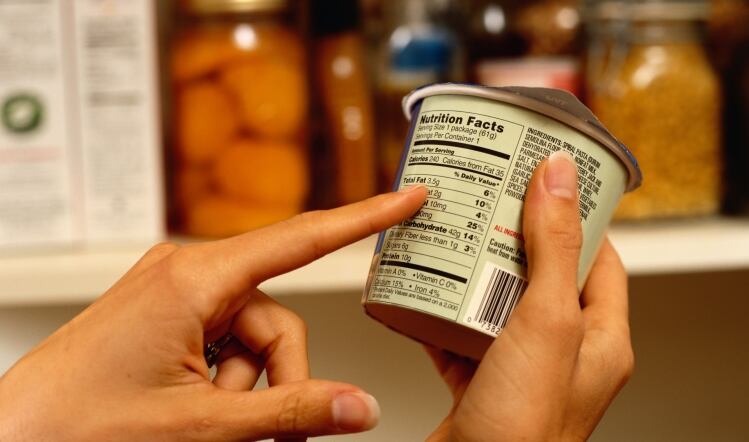Calls for a register followed the death of 14-year-old Ruben Bousquet. He died from a fatal reaction to food allergens after eating unpackaged popcorn from a cinema that had become cross-contaminated with cows’ milk allergen at some point in the food chain.
The coroner’s report concluded action should be taken to establish a national reporting system, including timely reporting to local authorities and the Food Standards Agency (FSA) and maintenance of a register of fatalities and their investigations.
Highlighting the need
Commenting on the death of Bousquet, CIEH Wales director Kate Thompson said: “This is another avoidable death of a young person and our sympathy is with Ruben’s family and all who knew him. We highlighted the need for a system of central reporting of severe food allergic reactions back in March 2019.
“This would facilitate rapid investigation of cases and potentially prevent further incidents. It is disappointing this hasn’t been progressed. We call for urgent action by the FSA to act on the Coroner’s recommendation to introduce a national reporting system for these types of incidents.”
The report has given the FSA until 11 February to respond to the proposal.
Fresh calls for a register of severe allergic reactions by the CIEH also come as the Government gets ready to implement Natasha’s law later this year.
Natasha’s Law
The regulatory overhaul was implemented in response to the death of teenager Natasha Ednan-Laperouse from an allergic reaction caused by consuming a baguette bought at a Pret A Manger outlet in 2016. New regulations will require products prepacked for direct sale (PPDS) on premises to be subject to mandatory allergen labelling, whereas previously that was not the case.
While the bulk of the new rules will mainly apply to food packaged on site in cafés and restaurants, burgers and sausages packaged by a butcher in premises for sale will also be included.
PPDS food provided in schools, care homes or hospitals and other similar settings – such as cafeterias in factories – will also require labelling.
Food allergies in the UK
New research from free-from food manufacturer Kirsty’s suggests more than 18m Brits could have food allergies or intolerances resulting in the demand for free-from products rising considerably. One quarter of consumers surveyed claimed they were either lactose, gluten, dairy or wheat-free, with a further 10% unable to eat foods such as fish, poultry or eggs.
Kirsty’s said it had recorded a 127% sales increase in one retailer this January compared to January 2020 amid rising demand for gluten- and dairy-free produ





